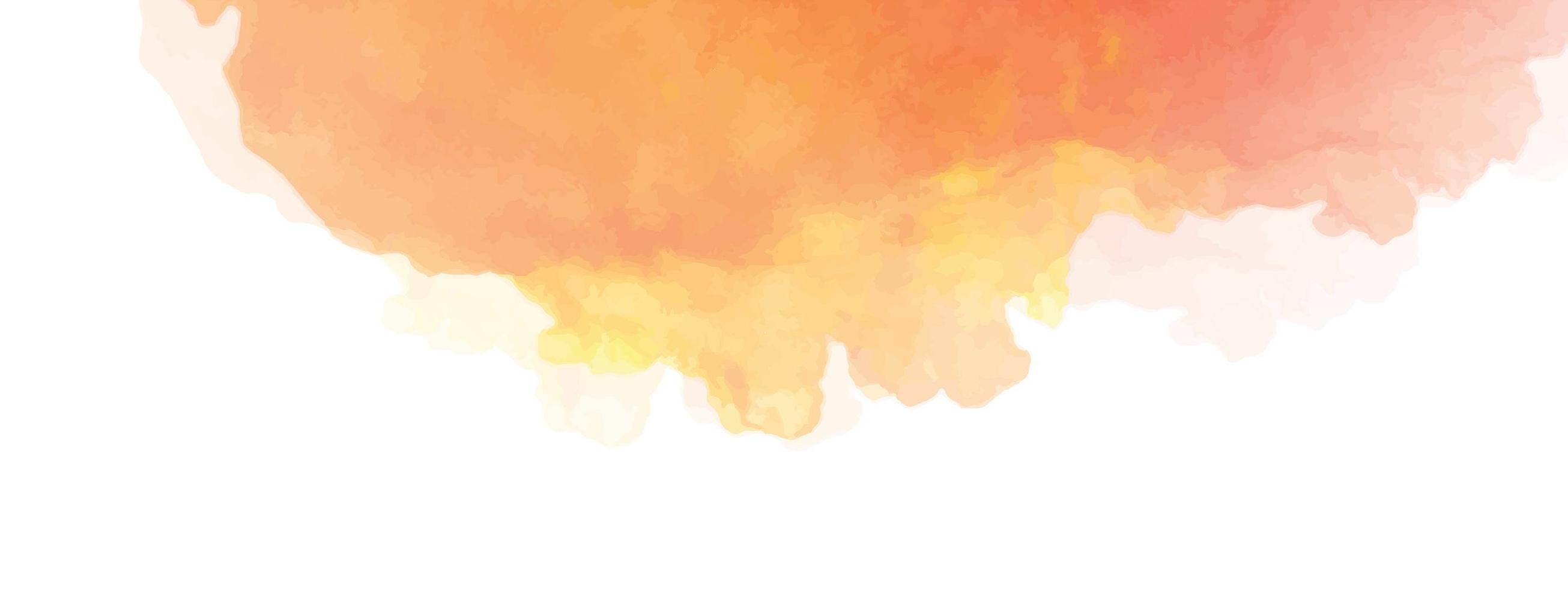
3 minute read
INDIGENOUS & ABORIGINAL LAW: WE MUST ALL UNDERSTAND THE DIFFERENCE
INDIGENOUS LAW AND ABORIGINAL LAW: WE MUST
ALL UNDERSTAND THE DIFFERENCE
Advertisement
STEPHEN MUSSELL
HOWE LEGAL
“All Canadians need to understand the difference between Indigenous law and Aboriginal law."
Prior to reading the quote above, few of you knew there was a difference between Indigenous law and Aboriginal law. Far fewer will know where this quote is sourced from: line one of Chapter 2, Volume 6 of the Final Report of the Truth and Reconciliation Commission of Canada, released in December 2015.
As lawyers practicing law in what’s now known as Canada this is evidence that, as a profession, reconciliation is not now, and never has been, a priority. Despite the key historic and continuing role the colonial common law has played in justifying and furthering colonization and the genocide of Indigenous peoples in this place, the vast majority of our profession chooses to engage with reconciliation in a rhetorical or superficial manner, if at all. The recent trend of law firms changing the name of their Aboriginal law practices to Indigenous law practices, ostensibly in the name of political correctness, is one small but glaring example.
As lawyers trained in the colonial common law, we practice Aboriginal law. Aboriginal law is the body of law that exists within the colonial legal system – the body of law that necessarily developed as the colonial legal system sought to deal with the presence of Indigenous peoples when settlers first arrived. This includes case law such as the well-known Sparrow , Tsilhqot’in Nation , and Delgamuukw decisions, and legislation such as the Indian Act.
Indigenous law is an umbrella term used to refer to the many varied and complex laws, legal orders, legal systems, and systems of governance that Indigenous people have governed ourselves, our lands, our waters, and our relationships since time out of mind. These laws, legal orders, legal systems, and systems of governance continue to carry their own weight and authority and, in my humble opinion, deserve to be treated with the same respect that lawyers treat colonial law: as something that has its own inherent power, its own legitimacy, is diverse and dynamic, and comes from multiple valid sources.
When we fail to differentiate between the two, particularly as lawyers and legal experts, we cause confusion. Worse, when we fold Indigenous law into Aboriginal law and conflate the two, we treat Indigenous law as something less. Indigenous laws stand on their own. Their utility is not limited to an interpretive aid, nor is their existence dependent on the Canadian state. If anything, they continue to exist in spite of the Canadian state.
To be an expert in Indigenous law is to engage in years of study, ceremony, and education on the lands and waters from which those laws derive their authority. Absent those teachings, the most we do as lawyers trained in Aboriginal law is assist our clients in implementing their Indigenous laws and facilitating their exercise in the colonial legal context. To unilaterally assert expertise in Indigenous law absent relevant teachings or qualification is akin to someone who has never attended law school unilaterally asserting that they’re a lawyer.
If you are part of a law firm, wellmeaning or not, that has rebranded its Aboriginal law practice as an Indigenous law practice, consider the impact of that decision. Also consider making a small but tangible foray into meaningful reconciliation – change the name of your practice area back to Aboriginal law and engage an expert in Indigenous law to explain to your lawyers why the change was a mistake. Of course, be sure to offer appropriate compensation.
By no means will this small action advance reconciliation in a significant way, but it’s a start, and our profession has a lot to atone for.
Stephen Mussell is an Indigenous rights lawyer and citizen of the Manitoba Métis Federation. Among others, his mother Constance Mussell’s (née Waldo) family is descended from the Fidler, Whitford, Spence, Cook, and Taylor families and his father Michael Mussell’s family is descended from the Klyne, LaFrance, Grouette, Cyr, and Nolin families.
1In the Final Report of the National Inquiry into Missing and Murdered Indigenous Women and Girls, and as further detailed in its Supplementary Report – Genocide, the Inquiry concluded that Canada’s ongoing history of colonization (particularly its disproportionate impacts on women, girls, and 2SLGBTQQIA peoples) amounts to genocide. 2 R v Sparrow, [1990] 1 SCR 1075. 3 Tsilhqot’in Nation v British Columbia, 2014 SCC 44. 4 Delgamuukw v British Columbia, [1997] 3 SCR 1010. 5 Indian Act, RSC 1985, c I-5.



